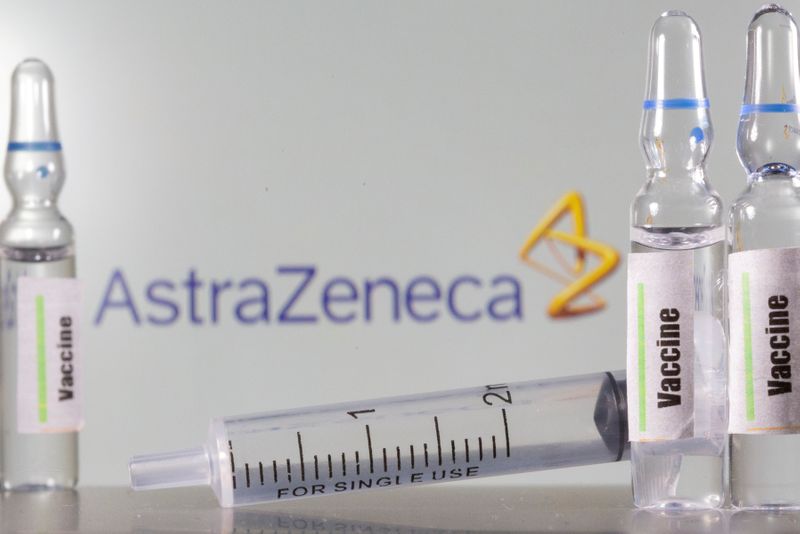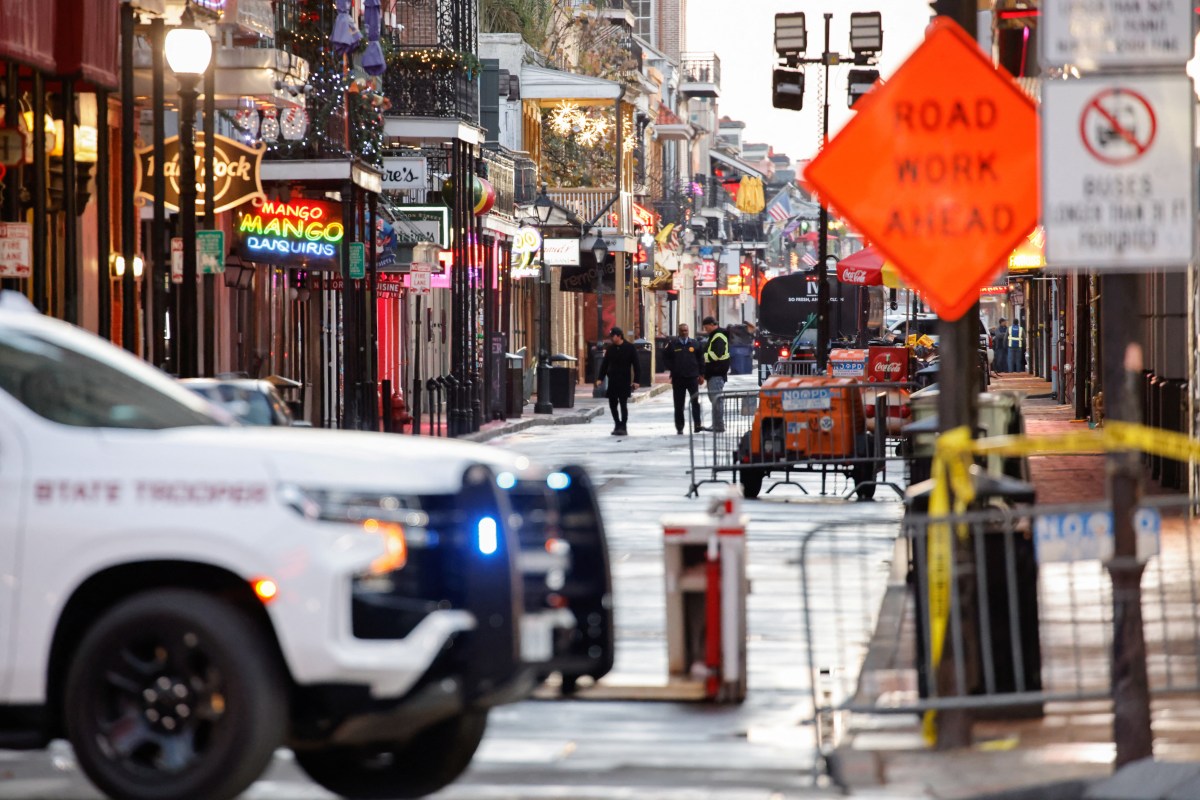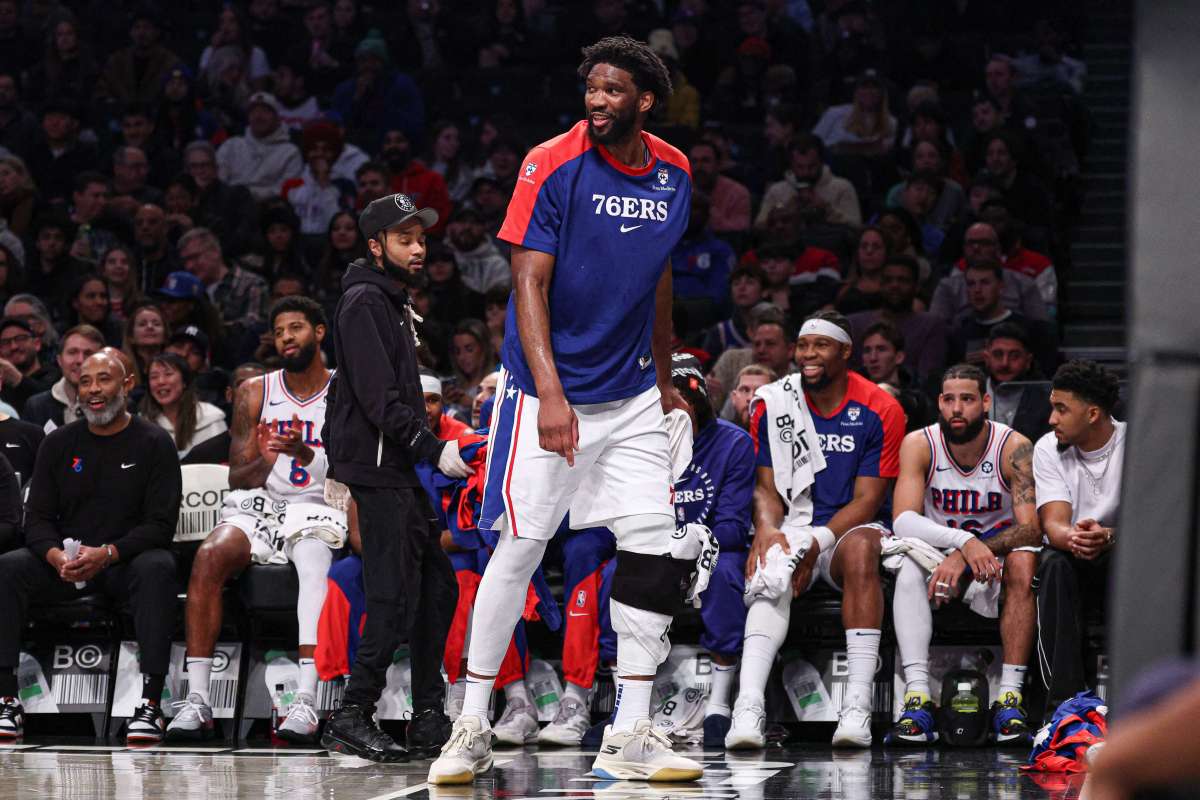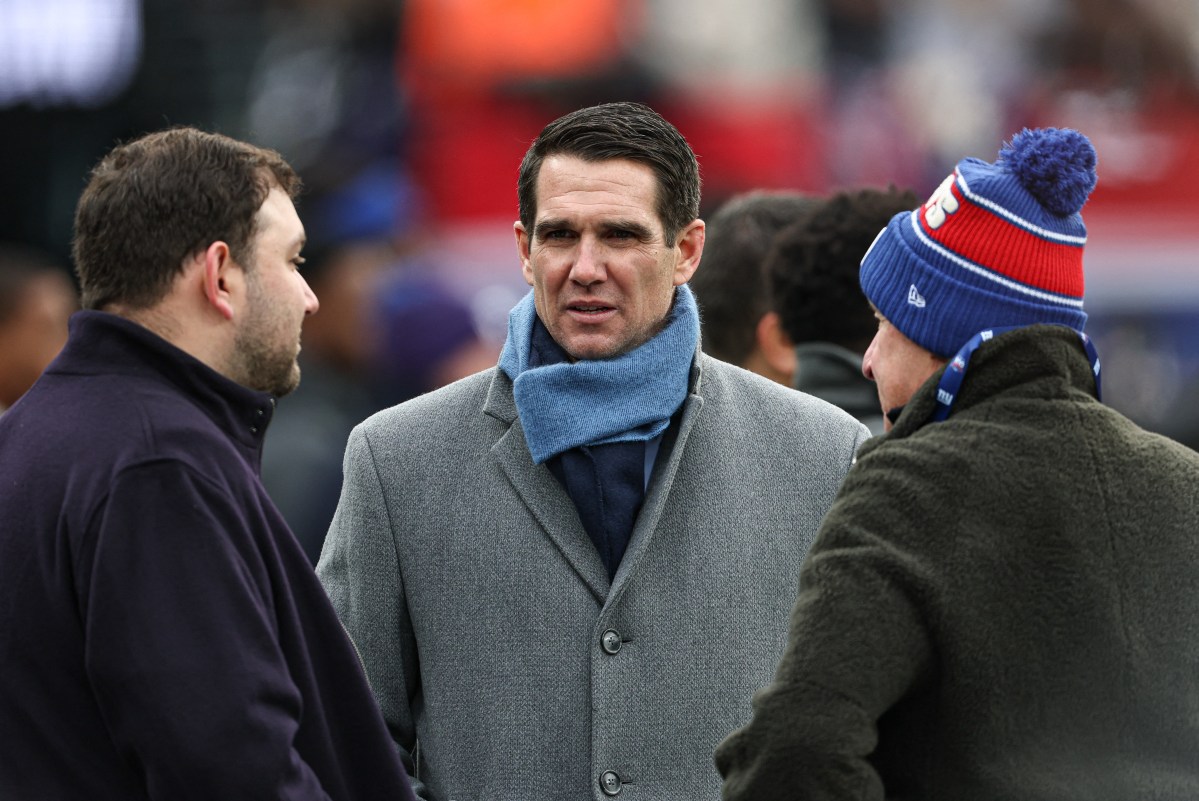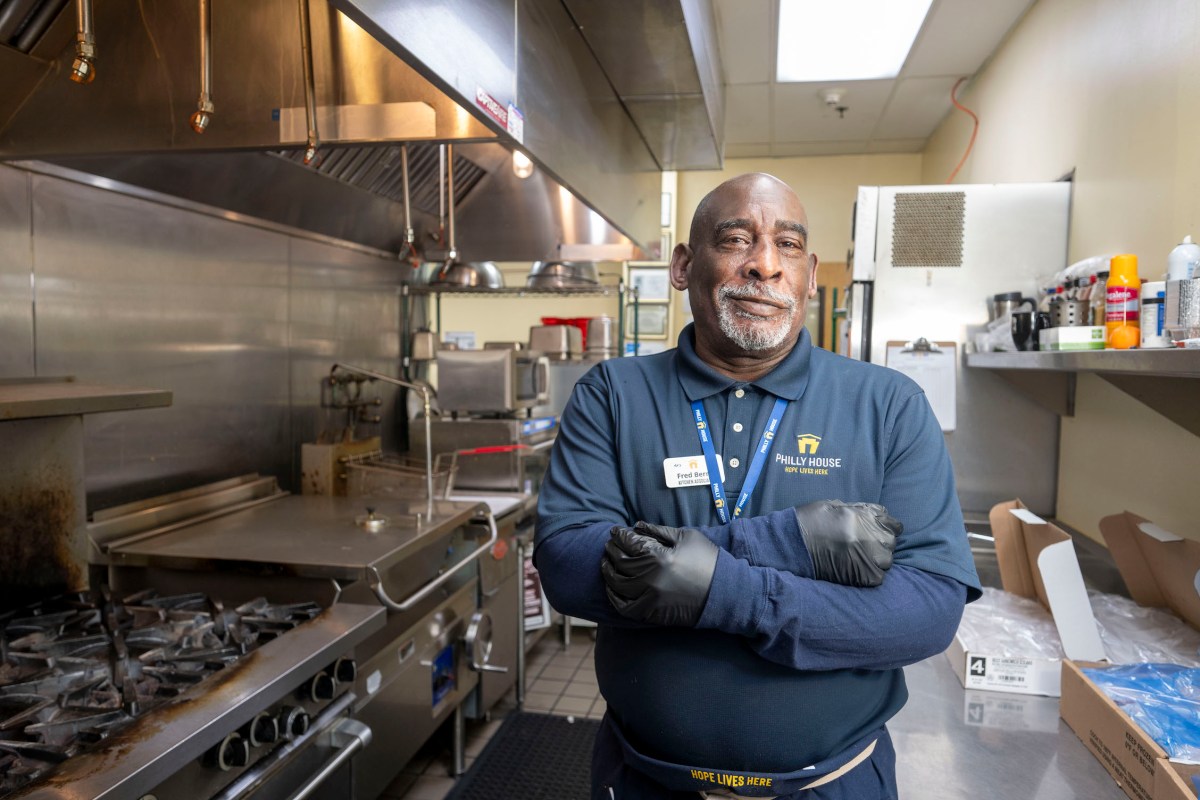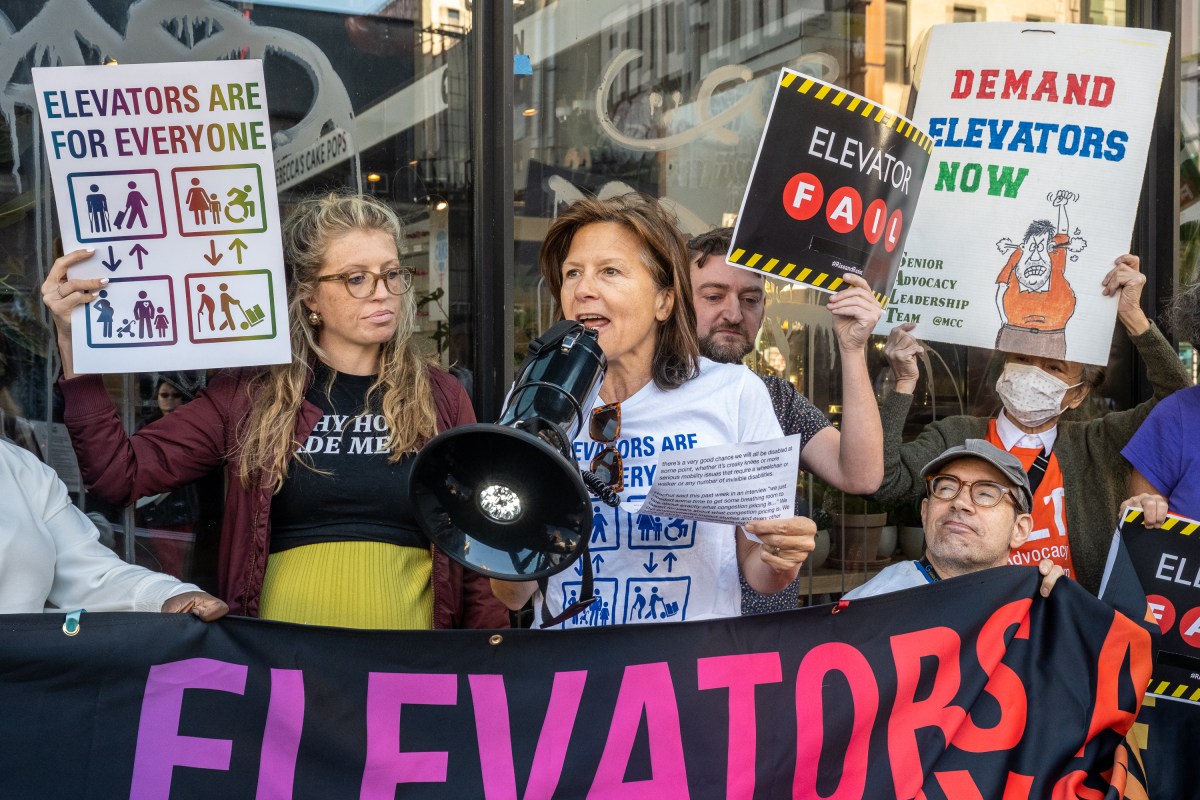(Reuters) – AstraZeneca will start discussing emergency approval of its experimental COVID-19 vaccine with U.S. regulators once it has good trial data from Britain, South Africa and Brazil, as it has no indication the watchdog would favour U.S. data.
If and when AstraZeneca reaches the first statistically reliable efficacy and safety results from those trials, based on more than 25,000 volunteers in total, it would present them to the U.S. Food and Drug Administration (FDA) even though any read-out from an ongoing U.S. trial will be months later.
“If you hit those thresholds we are going to have a conversation with them,” executive team member Mene Pangalos told Reuters.
“What the FDA has signalled is what their expectations of data are for an approval,” he said, adding the company had not spoken to the U.S. watchdog about where the data should some from.
The future of the U.S. trial would not be called into question by any successful non-U.S. trial result, Pangalos stressed.
Some experts have argued that, once a successful vaccine is widely available or soon expected, the runners-up in the vaccine race may find it difficult to recruit volunteers willing to risk being randomly assigned to a control group on placebo.
Pangalos said a vaccine would not be available for everyone immediately following approval. “That is not how it happens. It will take months to vaccinate people (widely),” he said.
“By the time the (UK) study reads out, we submit regulatory documents, and assuming we get an approval and the vaccine starts to be distributed across the U.S, I think there will be more than enough time to get the study almost fully recruited.”
“Being on a vaccine study is probably going to be a good way … to get access to the vaccine,” he said, adding that only one in three U.S. trial participants will be on placebo.
(Reporting by Ludwig Burger and Pushkala Aripaka, additional reporting by Kate Kelland; Editing by Mark Potter)

